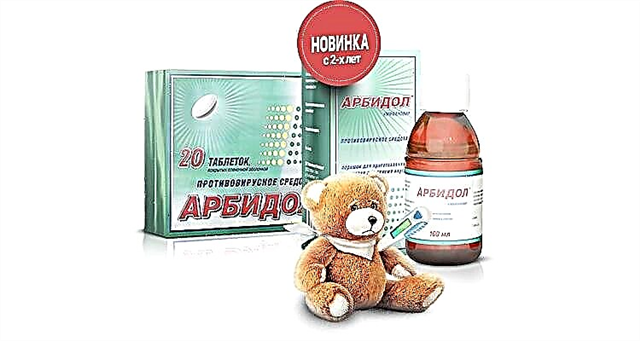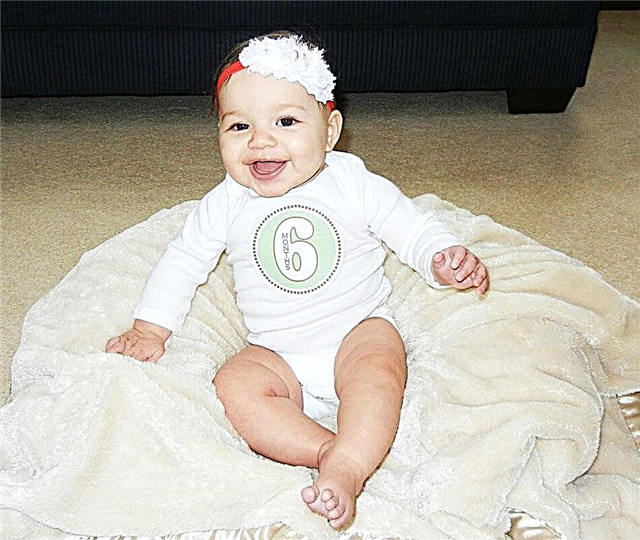
More and more modern mothers are inclined to breastfeeding. However, their lack of experience raises many questions and difficulties for them. One of these controversial issues is the timing of breastfeeding.
Duration of breast sucking
The duration of one breastfeeding is highly dependent on the baby's age, character, and other factors. Typically, it is 10 to 40 minutes. In this case, more fatty hind milk begins to flow to the baby about 10-15 minutes after sucking.
For breastfeeding to be successful and hassle-free, breastfeeding moms should breastfeed their babies on demand. Opponents of this approach insist that this will "tie" mom to the child and deprive her of free time. But, if you look at the process through the eyes of a child, it becomes clear that this is an important period in the transition from eating through the umbilical cord to the food familiar to adults. It is the mother who helps the baby to adapt to nutrition in the postpartum period.
During the period of intrauterine stay, the baby is accustomed to receive "food" all the time, therefore, he is not familiar with either hunger or the feeling of satiety after eating. And if the mother always gives him the breast when the baby asks for her (and he will always ask right after giving birth), the baby will overeat and regurgitate, and then suck again. Indeed, at first, the mother will have the feeling that she does not belong to herself, but only to her baby. However, several months will pass and the child will begin to attach to the breast less often, and will become saturated faster. And most importantly, he will learn to wait. A year or two will pass, and the baby will already sit down at the table with the whole family, and at night - sleep. And while he is a newborn, the baby eats when he wants.

Are there any time limits?
The time spent at the breast should be determined by the child himself. There is an opinion that the child eats up in 10-15 minutes, and then only "indulges". And, accordingly, such "pampering" should be stopped, and the time of sucking should be limited. But supporters of this opinion forget that the baby in her mother's breast not only eats. For a baby, the mother's breast is an opportunity to calm down, satisfy the sucking reflex, and feel the mother's affection. Is it worth limiting the little man in this? In addition, it is after 15 minutes from the start of feeding that the baby begins to receive more nutritious and fatty hind milk.

How do you know if your child has eaten enough?
There are only two reliable ways to find out if a baby is eating:
- Look at the monthly weight gain.
- Calculate the number of urinations per day.
If the mother has enough milk, then the baby will add from 500 grams every month (every week from 125 g), and will wet 10-12 diapers and more per day. Weight gain less than 500 g per month and the number of wet diapers per day less than 6-8 are objective signs that the baby does not have enough nutrition from the mother's breast.
What shouldn't you pay attention to?
When a mother is worried about whether the baby has enough nutrition, she may erroneously focus on criteria that do not at all confirm a lack of milk. These erroneous criteria include:
- Lack of hot flashes and milk leaks from the breast. If lactation is already established, the woman may no longer feel the milk rushing. However, this is only a sign that the breast has begun to produce milk in exactly the amount required for one feeding.
- Inability to express milk from the breast. Believe me, the crumb sucks nutrition from the mammary glands much more efficiently and more fully than even the best breast pump.
- Baby's whims and crying between feedings, as well as while on the breast. Such signs cannot be called reliable. Perhaps the mother feeds the baby too rarely. Also, the baby may suffer from colic, other causes of discomfort or illness.
- Very frequent or prolonged feedings. The most common reason for the introduction of the mixture is precisely the fact that the baby often asks for a breast or sucks for a long time. If the mother does not understand that her breast is important for the baby not only as a source of food, then in such situations she decides that the baby is not eating enough.
- Greedy sucking of the baby if given a bottle of formula after breastfeeding. Seeing how the baby begins to absorb the mixture, the mother decides that this is indeed a sign of a lack of milk. However, the baby can simply satisfy the sucking reflex.
- Frequent waking up at night. This reason is considered very important by the older generation, who are confident that the baby's tummy should "rest" at night. However, the production of hormones important for lactation depends on the night feedings, and, accordingly, the success of breastfeeding.

Duration of breastfeeding
The timing of the end of breastfeeding is one of the controversial topics. Even though most young mothers understand the value of breast milk for an infant, the number of babies receiving breast milk for up to a year or more is very small. This is facilitated by the presence of a large number of myths and misinformation about breastfeeding, and the abundance of breast milk substitutes on the market, and the social pressure associated with the fact that a few decades ago they were breastfed little and rarely, since the mother had to go to work early. But, if in the past, pediatricians more often recommended young mothers to transfer babies to formula, then the approach of modern doctors is aimed at promoting breastfeeding.
Experts advise stopping breastfeeding during the involution stage. This is the name of the time when the composition of milk changes, and the breast is preparing to stop lactation. The beginning of the involution period is individual for different women, but most often it begins at the age of a baby 1.5-2.5 years.

After a year
Mothers breastfeeding babies over a year old often have to hear that the baby is already big and milk is less valuable. Nevertheless, numerous studies confirm that a woman's milk, even in the second or third years of breastfeeding, is still good for her baby.
Pros
Long-term feeding is undoubtedly very beneficial for the mother, as research has confirmed that it reduces the risk of breast and ovarian cancer. While untimely weaning is fraught with stagnation, mastitis and other breast problems for the mother.
Continuous breastfeeding has many benefits for the baby too:
- Milk after a year of feeding changes its composition, becoming even more useful. It contains more fats valuable for the child, as well as immunoglobulins and substances that stimulate the ripening of the baby's digestive tract.
- Studies have confirmed the effect of long-term breastfeeding on the development of a child's intelligence, as well as its more successful social adaptation when the child is 6-8 years old.
- Babies who receive breast milk after a year are less likely to develop infectious and allergic diseases, and they recover much faster than their peers who do not have support in the form of mother's milk.
- Breastfeeding after a year maintains a close emotional bond between the baby and the mother, helping to establish a trusting relationship between them.
Minuses
There is no negative effect of breastfeeding a one-year-old baby. Human milk is still a healthy food, even if the baby is already one year old. All the troubles of long-term feeding can only be associated with the desire of others to intervene in this process with their advice and frightening stories.

Optimal age
It is often believed that breastfeeding is enough for up to 6 months, and after the introduction of complementary foods, milk is no longer needed. So people who consider breastfeeding only food belong to breastfeeding. This, again, is due to their misunderstanding that breast for a baby is not only food. It is also a psychological connection with mom, comfort, warmth, affection, immunity and much more. There is simply no optimal age at which to stop breastfeeding all babies. For each child, he will be his own.
When breastfeeding is organized correctly, the process usually ends at the age of the baby from 1.5 to 4.5 years, taking into account not the opinions of others, but the readiness of the mother and child.
Tips
You should react calmly to advice from others regarding the length of breastfeeding. It is best not to lead the conversation to controversy, because in the dispute your arguments about the benefits of long-term feeding will not be heard. Unpleasant questions and provocative phrases should be ignored. Sometimes a humorous answer helps. You can also answer that you follow the doctor's recommendations or do not advertise at all that you are breastfeeding your baby after a year. Each mother should develop her own tactics so as not to get upset from "horror stories" and disputes on a topic that is her personal affair with the baby.



